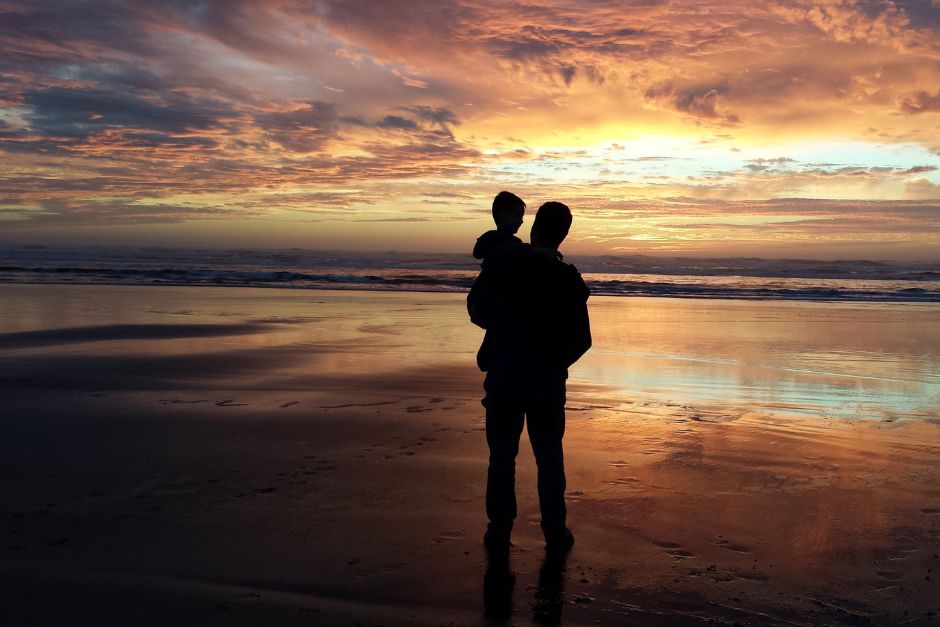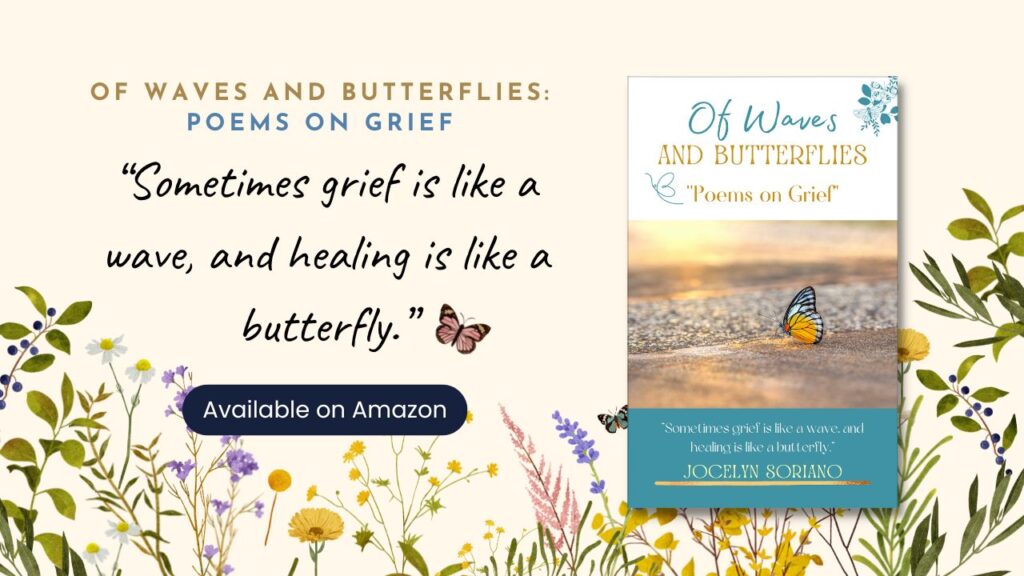 Grief Poems for the Loss of a Father
Grief Poems for the Loss of a Father
Losing a father is a profound loss that can leave a person feeling overwhelmed and heartbroken. The pain of grief can often be difficult to express, and sometimes words feel inadequate. For those mourning the loss of a father, poetry can offer solace and understanding. Below are five heartfelt grief poems, written to bring comfort during such a sorrowful time. Whether you’re seeking words of reflection or a way to express your feelings, these poems offer a reminder that healing is possible, even in the darkest moments.
Poem 1: A Father’s Love
The world feels dimmer, the nights are dark
Where your voice was heard, now the silence is loud
What do I do when I want to see you?
Shall I ever hear you speaking my name again?
Here in my heart, your memories remain,
A guiding light through all my pains.
Poem 2: His Hands
His hands, once steady, now are still,
But memories linger, soft and filled.
With every step, I feel his grace,
His love, forever in this place.
Poem 3: Echoes of His Voice
His voice is now a whisper in the wind,
A comfort in times when I feel the pain,
Whatever I may do
Wherever I shall be
His soul will always
speak to me.
Poem 4: The Empty Chair
The chair is empty, but the love is not,
For in every corner, he left his thought.
Though he is gone, his legacy stays,
Guiding me through all my days.
Poem 5: A Prayer for My Father
In quiet moments, I still pray,
For strength and peace to guide my way.
For a father watching up above,
May my prayers bring you all my love.
Finding Solace in Poems for the Loss of a Father
Grief is a journey that no one should walk alone. Through poems like these, you can find words that express the inexpressible — feelings of sorrow, love, and the hope of healing. Remember, your grief is valid, and it’s okay to seek comfort wherever you can find it. If you or someone you know is struggling with the loss of a father, reading poems or journaling may help ease the pain.
Share Your Thoughts
If these poems have brought you comfort, please share your thoughts or add your own reflections in the comments below. You’re not alone in your grief. Let’s support each other during this difficult time.
Additional Resources
If you found these grief poems for loss of a father helpful, you may also be interested in the following articles and resources on grief and healing:
You may also want to read the following book:
Of Waves and Butterflies: Poems on Grief




